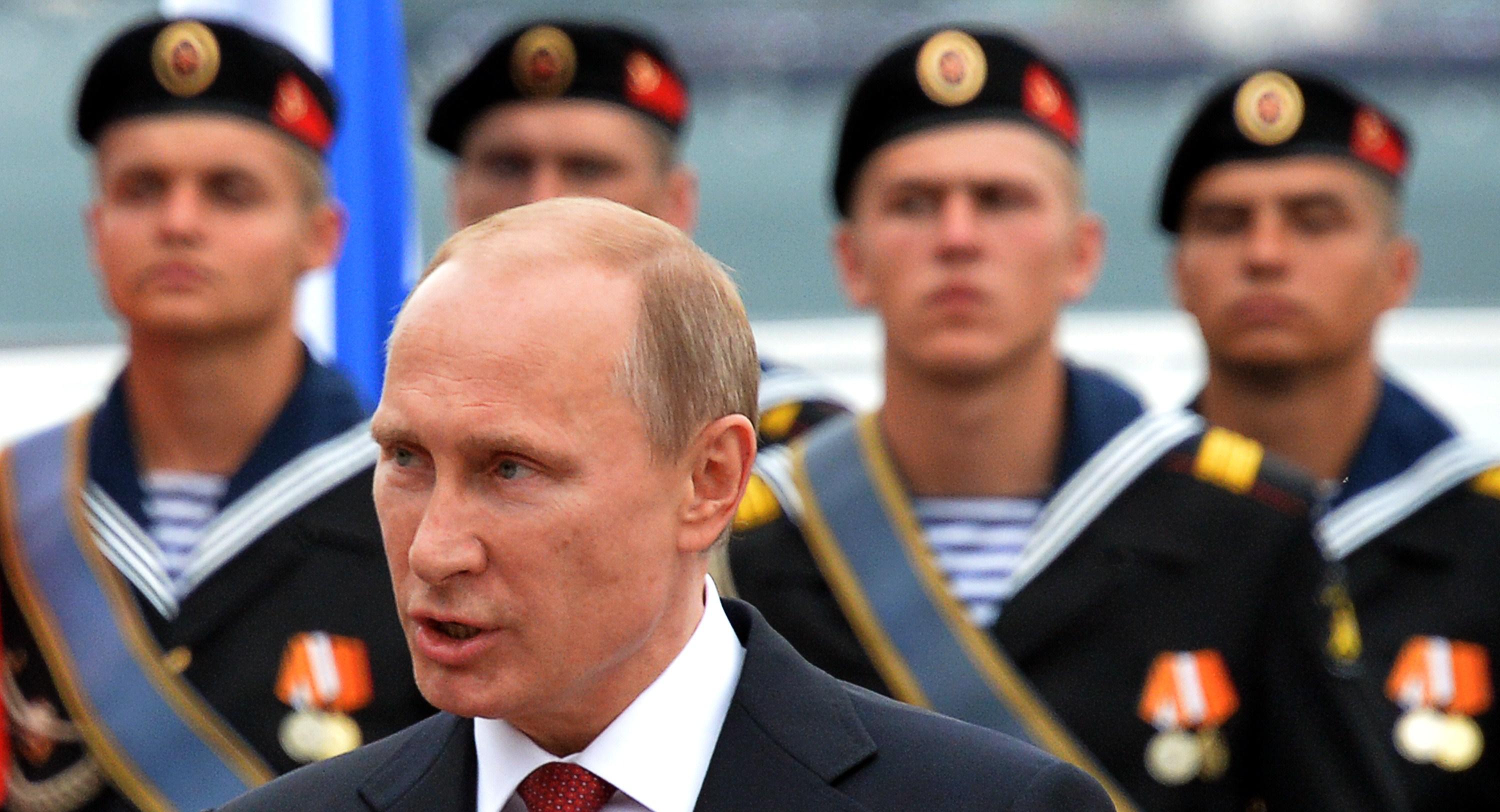A number of things are happening very quickly in Ukraine this week, so here’s a quick roundup:
- Just two days after the election of new President Petro Poroshenko, Ukrainian aircraft and paratroopers launched an unprecedentedly large assault against pro-Russian separatists near the city of Donetsk. The operation, which began after the separatists seized the local airport, resulted in at least 50 dead on the pro-Russian side according to the government of the self-declared Donetsk People’s Republic.
- The dead included some fighters who appear to be from Chechnya, prompting Chechen President Ramzan Kadyrov to deny sending troops to aid the pro-Russian side.
- Meanwhile, in Donetsk, about 1,000 miners demonstrated today in support of the separatists.
- The Kremlin announced that that President Vladimir Putin will hold talks on the Ukraine crisis with his French counterpart, Francois Hollande, at the Elysee Palace in Paris on July 5. It will be Putin’s first face-to-face meeting with a western leader since the annexation of Crimea.
- After a number of stops, starts, and false alarms, NATO reports that Russian troops may finally be slowly pulling back from the Ukrainian border.
The assault in Donetsk, a large military operation with a high number of casualties on the pro-Russian side, is exactly the sort of thing that a few weeks ago the Kremlin warned could trigger a Russian intervention into eastern Ukraine. And yet, the reaction from Moscow to the latest violence has been relatively muted. Putin called for an end to the military campaign during a phone call with the Italian prime minister, but so far that’s been about it.
It seems likely that leaders in Kiev, who have had to tread relatively cautiously until now, gained the confidence to launch a major assault only now that the risk of an all-out Russian invasion appears to be receding.
For months the tacit threat from the Russian troops massed on the border, along with the near-certain involvement of Russian special operations forces, acted as encouragement for pro-Russian separatists to rise up against Kiev.
Now, after they took control and defended a number of cities and carried out a referendum on seceding from Ukraine, Putin appears to be backing down, perhaps calculating that he’s pushed his leverage in Ukraine about as far as it will go, leaving the door open for the Ukrainian government’s “anti-terrorist” campaign to wipe out the rest of the resistance. (And let’s hope civilians in the area don’t bear the brunt of the operation.)
The Ukrainian separatists certainly aren’t the first to learn that when a foreign power promises that it will have your back if you rise up against your government, it pays to be wary.
